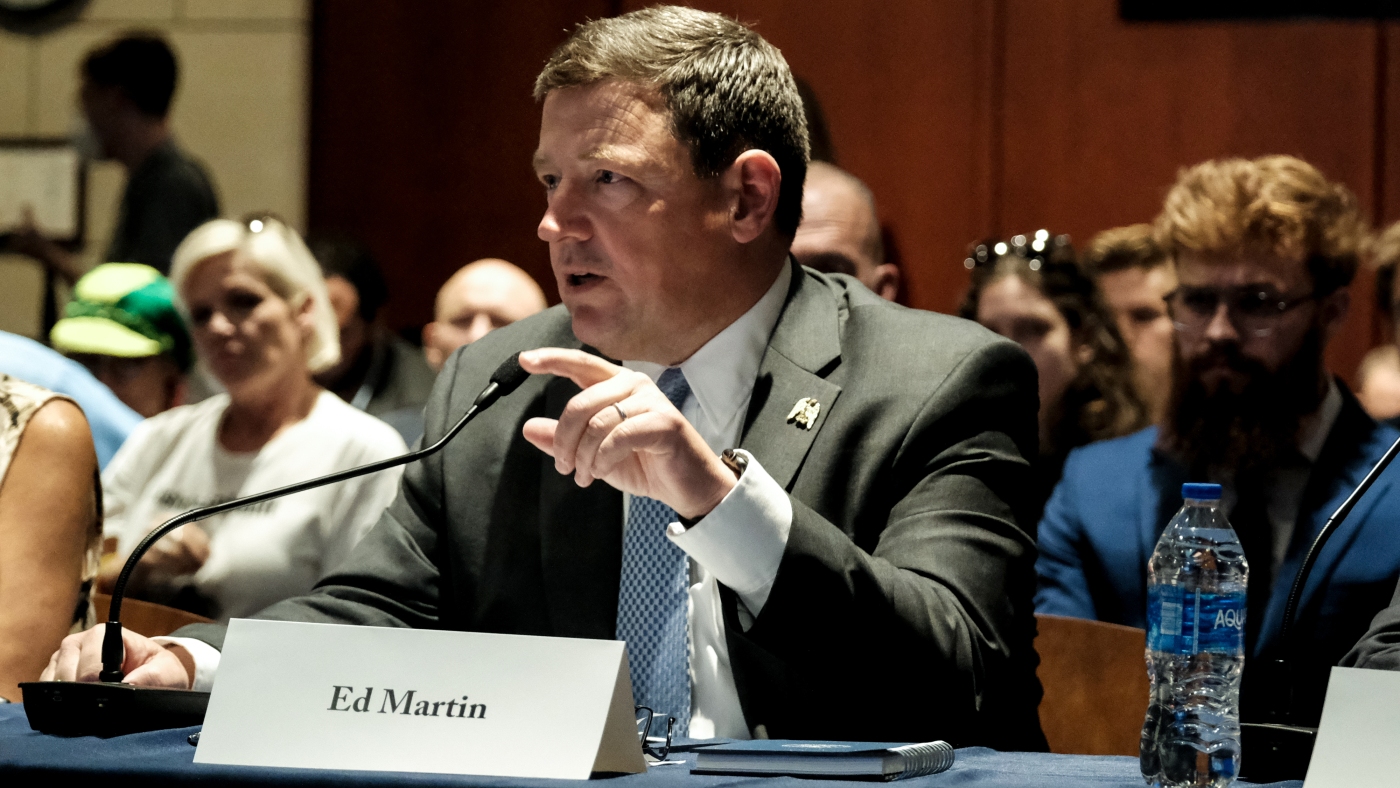Silenced Science: DOJ Sends Chilling Warnings to Medical Journals

In a move that has caught the attention of the medical and publishing communities, the acting U.S. attorney for Washington, D.C., has launched an intriguing investigation. The legal official has dispatched formal letters to several prominent medical journals, seeking detailed insights into their editorial practices and decision-making processes.
This unprecedented inquiry signals a potentially significant examination of how scientific and medical publications manage their content selection, peer review, and editorial standards. By reaching out directly to these influential journals, the U.S. attorney appears to be probing deeper into the mechanisms that shape medical research communication and publication.
While the specific motivations behind these letters remain unclear, the move suggests a heightened interest in understanding the inner workings of medical publishing. Researchers, journal editors, and legal experts are now watching closely to see what implications this investigation might have for academic publishing and scientific discourse.
